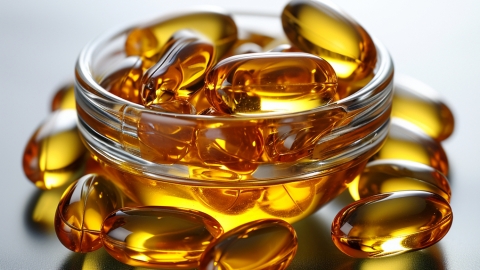Can fish liver oil still be used after its expiration date?
Generally speaking, it is not recommended to use cod liver oil after its expiration date. The detailed explanation is as follows:

The main components of cod liver oil are vitamin A, vitamin D, and various fatty acids and other nutrients. After expiration, these components may undergo chemical changes—for example, vitamin A may oxidize, leading to reduced activity or even complete loss of effectiveness. This means it can no longer achieve the intended benefits, such as supplementing vitamin A to support vision and promote growth and development. At the same time, unsaturated fatty acids can also oxidize and become rancid, producing harmful substances such as peroxides. These substances not only reduce the nutritional value of cod liver oil but may also pose risks to human health.
Cod liver oil usually contains a certain amount of moisture and nutrients. After expiration, its packaging may no longer be completely sealed, allowing external microorganisms such as bacteria and mold to enter and multiply. Consuming cod liver oil contaminated with large amounts of microorganisms may cause intestinal infections, leading to symptoms such as abdominal pain, diarrhea, and vomiting, which can significantly affect health.
When purchasing cod liver oil, it is important to check the production date and expiration date. It is advisable to choose products with a recent production date and a longer shelf life. Additionally, purchase only the amount needed to avoid waste due to excessive storage leading to expiration.





